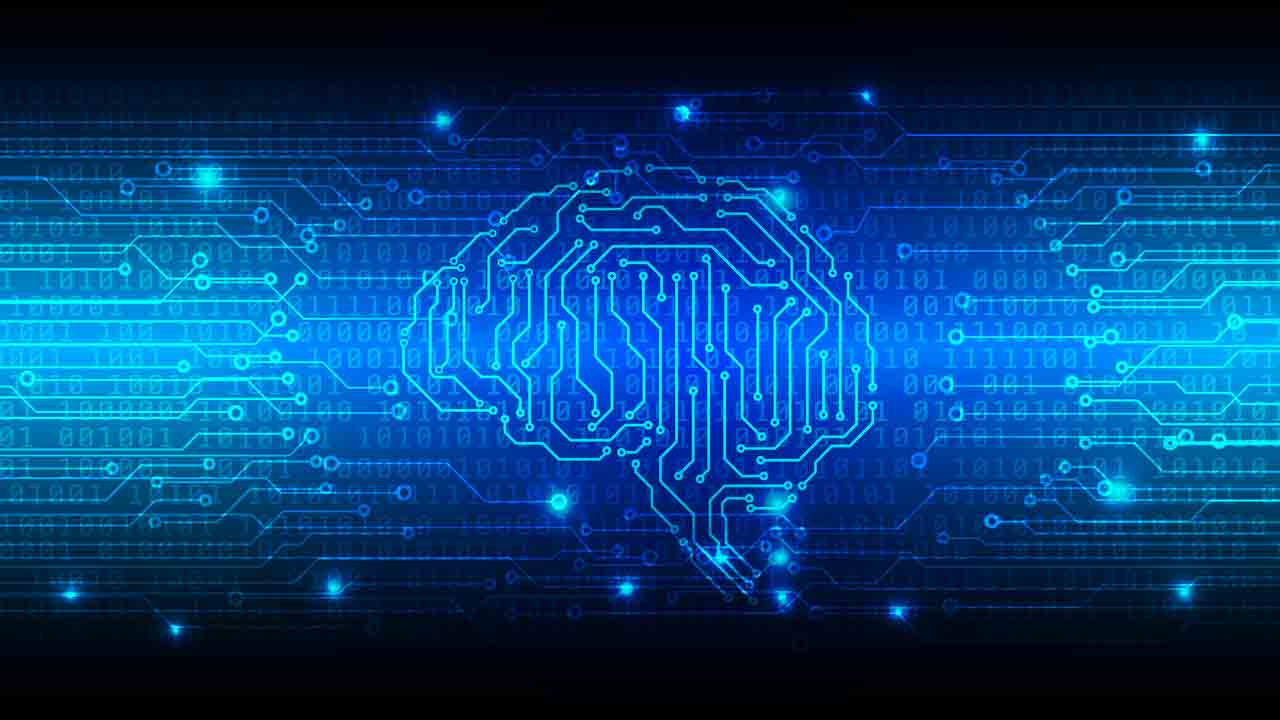How To
Science confirms the internet is changing our brains

- June 12, 2019
- Updated: July 2, 2025 at 4:48 AM


Your parents memorized all kinds of stuff. Important dates. Addresses. Multiple phone numbers. They could draw you a map anywhere in your hometown, complete with street names.
Now?
Now, at least a third of Europeans say they don’t even know their partner’s phone number. You know, the person you kiss and touch body parts with? Why don’t you know their number?
The internet is changing the way our brains work, and an international team of researchers is discovering just how. The team studied our attention spans, our memories, and the social impacts of a life lived online. Here’s what they found.
Fractured focus

“The key findings of this report are that high levels of internet use could indeed impact on many functions of the brain. For example, the limitless stream of prompts and notifications from the Internet encourages us towards constantly holding a divided attention – which then, in turn, may decrease our capacity for maintaining concentration on a single task,” said Dr. Joseph Firth.
Just try sitting down to dinner and leaving your phone in another room. Doesn’t it feel like you’re floating adrift like Sandra Bullock in “Gravity?” A part of our brain is always occupied with the world online. It is hard to concentrate on one thing, isn’t it?
Maybe you think you’ll fare better if you focus on a game. Think again. The report notes that after just six weeks of engaging in an online role-playing game, participants had significant reductions in a brain region associated with impulse control and decision making.
Okay, but maybe all this information juggling is helping us become better multitaskers? Wrong again. Heavy media multi-taskers performed worse in task‐switching tests than those who spent less time plugged in. Those who spend the most time plugged in have less grey matter to help maintain goals in face of distraction. Basically, we’re all just Pavlov’s dogs, waiting for our phones to tell us what to do.
Why remember anything?

“Given we now have most of the world’s factual information literally at our fingertips, this appears to have the potential to begin changing the ways in which we store, and even value, facts, and knowledge in society, and in the brain,” Dr. Firth says.
Although we can learn anything, we’re not really banking that knowledge. People who get information online aren’t storing it for the long term. Why would you? Google will still be there tomorrow.
For kids growing up in the internet age, they have no memory of a time when the answers to, well, every question weren’t readily available. And if you grow up with split attention and a kneejerk need to reach out to the internet for answers, that is a radical departure for the human species. The World Health Organization recommends that children between the ages of 2-5 shouldn’t get more than one hour of screen time per day.

7 best apps for parents of babies and toddlers
read now ►Who needs friends?
Perhaps the scariest finding relates to our society as a whole. Since we can find the answers to everything online, humans are beginning to see things like books, friends, and community as “redundant.” Why ask Grandpa to teach you how to build a desk when you can trust the YouTube algorithm to provide the best process without mid-tutorial digressions about growing up on the farm?
Professor Jerome Sarris said, “I believe that this, along with the increasing #Instagramification of society, has the ability to alter both the structure and functioning of the brain, while potentially also altering our social fabric.”
How to regain your brain

Worried about how the web is boggin’ down your noggin? Sarris recommends the following steps:
- Mindfulness and focus practice
- Reduce online multitasking
- Pull back on “checking” apps and messages all the time
- Dial back your internet use at night
- Do more activities with other humans IRL
What will the future hold?
In the report’s conclusion, they note, “For better or for worse, we are already conducting a mass‐scale experiment of extensive internet usage across the global population.” That’s right, guinea pigs. Although we don’t know the long-term effects of being plugged in, we’re plugged in anyway. And while there are many benefits to a connected world, we won’t know how we’ll be impacted over the long haul until the long haul is over.
You can read the full report here.
Ben Bowman is an Emmy Award-winning journalist who led Softonic.com's editorial team in 2018 and 2019. Before joining Softonic, he was the Head of Content for Curiosity.com and a news producer for NBC, Fox, and CBS. He is an award-winning filmmaker and director of sketch and improv comedy, and a contributing writer for the Pitch comedy app.
Latest from Ben Bowman
You may also like
 News
NewsHelldivers 2 celebrates its second anniversary by revealing the truth about John Helldiver
Read more
 News
NewsThe sequel to Final Fantasy VII Rebirth will be released simultaneously on various platforms
Read more
 News
NewsMarkiplier dominates with his film debut, earning 21.7 million dollars in its opening weekend
Read more
 News
NewsKPop Demon Hunter sweeps the Grammys
Read more
 News
NewsThe entire Fallout franchise is on sale on Steam for a price you can't miss
Read more
 News
NewsJohn Lightgow understands the criticism of J.K. Rowling, but he still wants to play Dumbledore
Read more